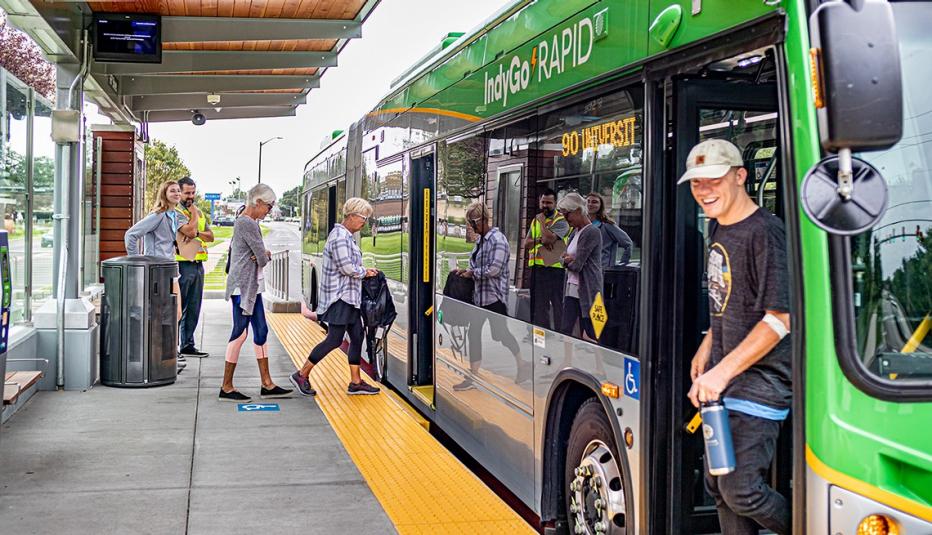AARP Hearing Center
The reality for most adults is that their vision changes with age — and that can affect their driving abilities. A new AARP survey shows many older Americans are aware of their limits, make adjustments when driving at night, and welcome smart tech in their cars to improve safety. Adults 50 and over are generally on top of their eye health.


Overall, about two-thirds of older Americans — women more so than men — believe maintaining their vision is extremely important to the quality of their life. When asked to describe their vision (with glasses or contacts), 46% of respondents said it was excellent or very good, with 39% saying good. Women are more likely to have had an eye exam in the past year (62%) compared to 54% of men.
Those who do have problems with their vision most often cite difficulty seeing at night (49%), difficulty reading up close (46%), having floaters (42%), blurry vision (34%), watery eyes (22%), flashes of light (14%), or double vision (8%). The survey results indicate older adults who experience these issues drive less at night, with women more likely to say they never drive after dark.
Fortunately, new features on cars and trucks help many drivers feel more confident. Back-up cameras are the biggest help, with 59% of respondents indicating they use them to avoid rear blind spots. Another 46% use electronic stability or traction control, and 35% of vehicles owned by older Americans have blind spot monitoring to the drivers’ side and rear. A study by the Insurance Institute for Highway Safety found that vehicles with blind-spot monitoring were involved in crashes at a rate 14% lower than vehicles without the equipment.
What worries Americans ages 50-plus most on the road? Drivers who talk or text on the phone came in first at 67%, followed by concerns about people under the influence of alcohol or drugs (56%), and distrust of other drivers’ abilities (47%).
Methodology
The findings are based on a survey conducted by phone and online in July 2023. The sample of 1,012 Americans ages 50 and older was based on data that were weighted by gender, age, education, race/ethnicity, region, and AARP membership status.
The Vision and Driving study was conducted using the NORC Foresight 50+ Panel among a sample of U.S. adults ages 50 and older using a combination of phone and online sampling. The survey interviews averaged 5 minutes in length. The interviews were conducted in English July 20-24, 2023. A total of 1,012 interviews were completed.
For more information, please contact Teresa A. Keenan at tkeenan@aarp.org. For media inquiries, contact External Relations at media@aarp.org.





























































